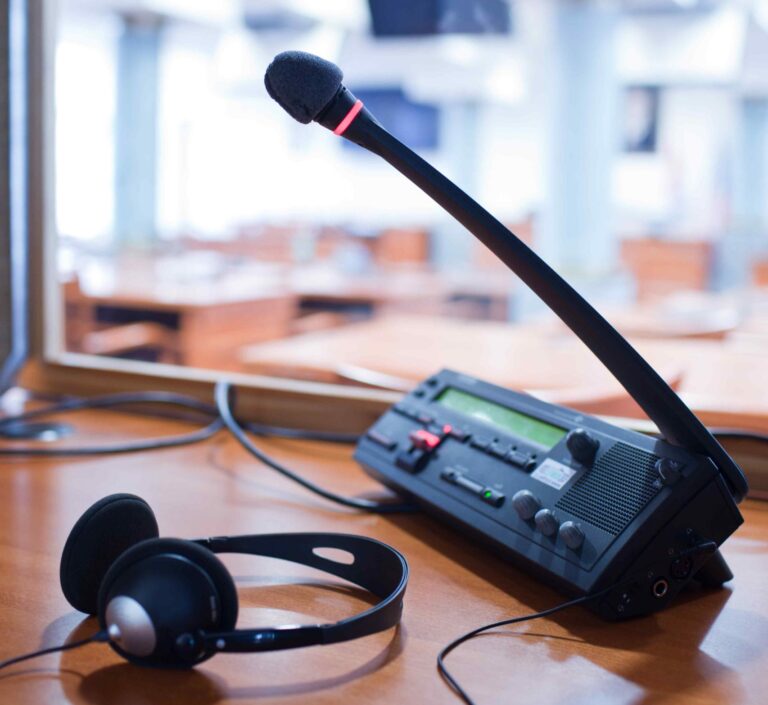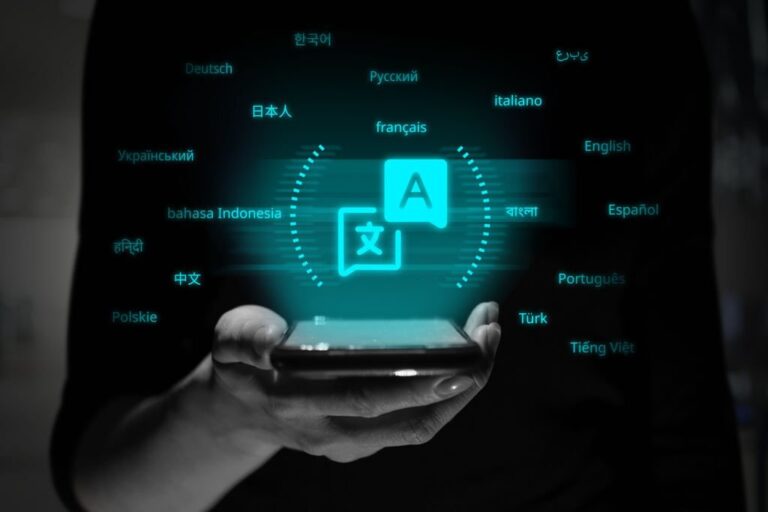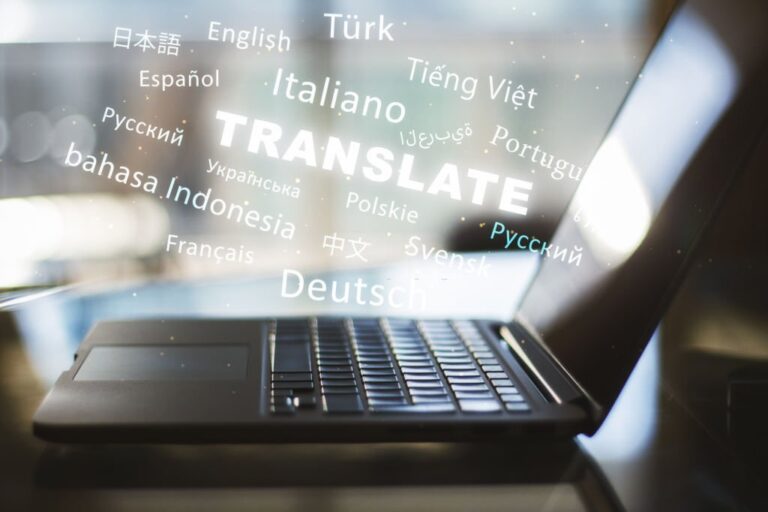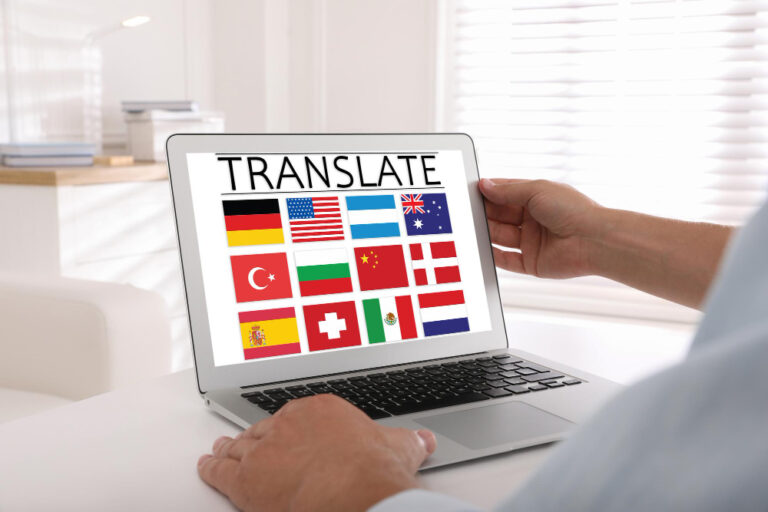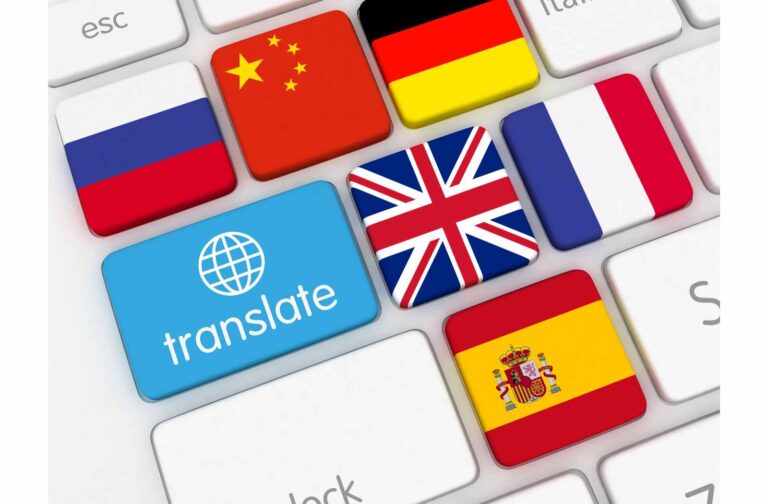It is more important than ever before for hospitals to have efficient interpreting services in today’s globalized world because people who come from a variety of cultural backgrounds now live in different countries and travel to those countries. This is especially true in Abu Dhabi, the capital of the United Arab Emirates, where the healthcare system is extremely busy and speaks the languages and cultures of a wide variety of people.
Hospitals in Abu Dhabi, much like in other international cities, frequently encounter patients and families who speak languages other than Arabic, the official language. To provide the best possible healthcare experience for all patients, it’s essential to ensure effective communication. This is where hospital interpreters play a pivotal role, bridging language gaps and facilitating understanding between healthcare providers and patients.
In this comprehensive guide, we, as seasoned and expert translators, present you with 8 essential tips for effective hospital interpreting in Abu Dhabi. These tips are based on our years of experience working in the field. They are not only beneficial for the interpreters themselves but also for healthcare institutions striving to provide the highest quality care to their diverse patient base.
1. Cultural Awareness is Key
The job of an interpreter in a hospital involves more than simply translating words; in addition, the interpreter is expected to be familiar with the patient’s culture and to show respect for it. To ensure that the patient’s beliefs, values, and traditions are respected, interpreters need to have a strong understanding of multiple cultures as well as a sensitive disposition. A significant increase in patient trust and cooperation can be achieved through a better understanding of the cultural context.
2. Language Skills Matter
Interpreters who are effective are not simply bilingual; rather, they are native speakers in both the language they are interpreting from and the language they are interpreting into. In order to ensure that patients receive accurate and understandable medical information, hospitals in Abu Dhabi are required to ensure that their interpreters are fluent in Arabic as well as the patient’s native language.
3. Knowledge of Medical Terms
To be successful as an interpreter in a hospital setting, one must have a strong grasp of the language used in the medical field. In order to ensure that critical healthcare information is conveyed without ambiguity, it is necessary for them to understand difficult medical jargon and translate it accurately.
4. Follow Ethical Guidelines
When it comes to healthcare interpreting, ethical rules like keeping patient information private are very important. In order to protect the confidentiality of their patients and uphold the highest ethical standards, interpreters working in Abu Dhabi are required to respect and follow these guidelines very strictly.
5. Continuous Training and Education
In the constantly developing field of healthcare, it is essential for interpreters to maintain a current knowledge of both the most recent developments in medical science and the most recent trends in language use. To ensure that their interpreters are always at the top of their game, hospitals should make it a priority to invest in ongoing training and education for their staff.
6. Dual Role Awareness
The interpreters working in Abu Dhabi hospitals are required to be aware of the dual roles that they play. They function not only as channels of communication but also as cultural brokers, assisting patients and healthcare providers in better understanding each other’s points of view. Understanding both of these responsibilities is essential to being an effective interpreter.
7. Emotional Support
Illness and hospitalization are both potentially stressful experiences for patients on an emotional level. Skilled interpreters not only offer linguistic support to patients, but they also offer emotional support in the form of comfort and reassurance to patients as they travel through their medical journey.
8. Technology Integration
The incorporation of technology can be beneficial for interpreters working in Abu Dhabi hospitals, which is important in today’s increasingly digital world. The use of software for translation and interpretation can assist in the delivery of quick and accurate results, thereby ensuring that the healthcare process is carried out effectively.
Conclusion
In conclusion, providing effective hospital interpreting in Abu Dhabi is an essential component of the delivery of high-quality medical services to the city’s culturally and linguistically diverse population. In order to accomplish this goal, it is necessary for interpreters and healthcare institutions to collaborate in order to provide the highest possible standard of care. By following these 8 essential tips, healthcare providers can ensure effective communication and improve patient outcomes.

